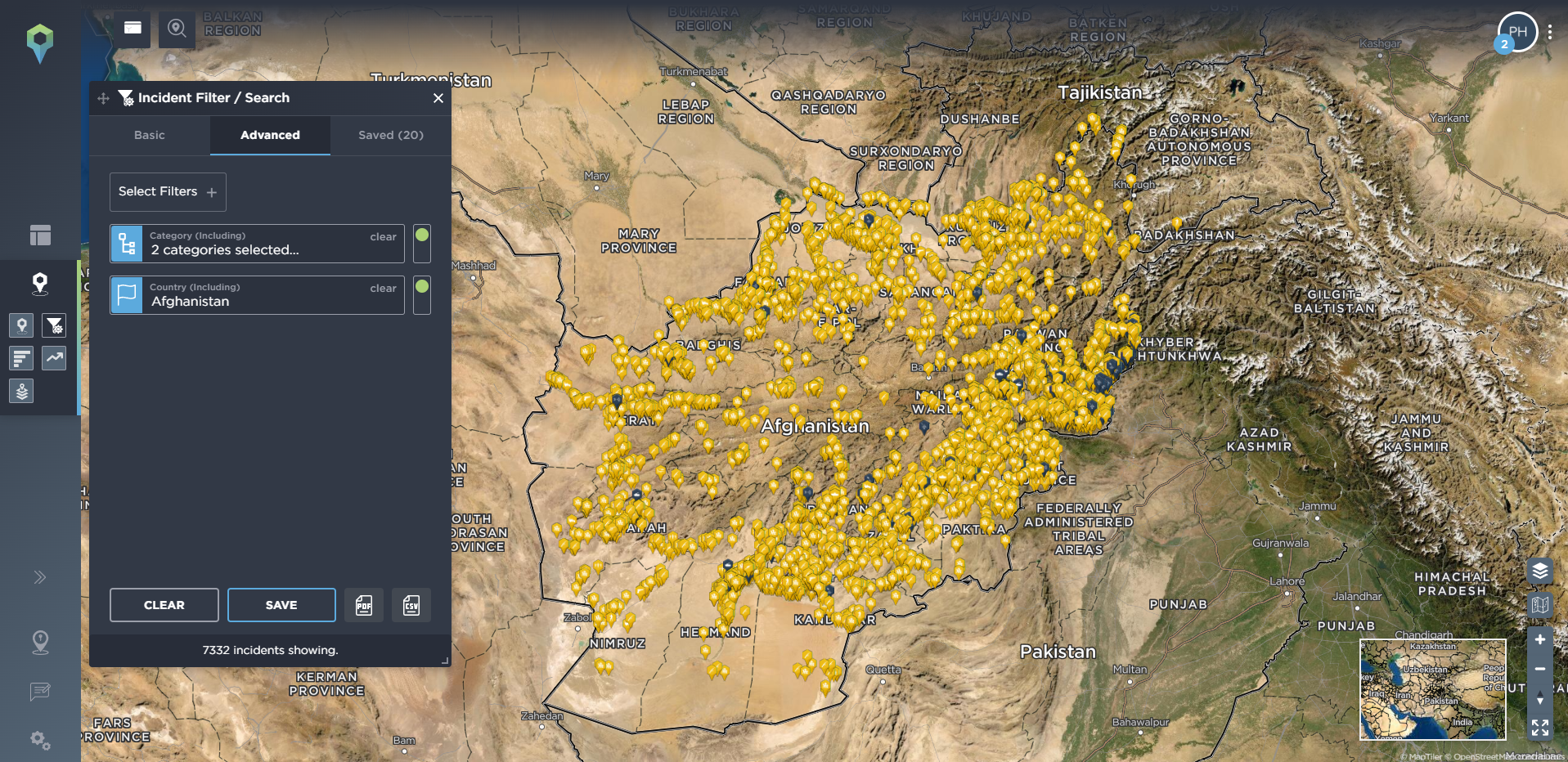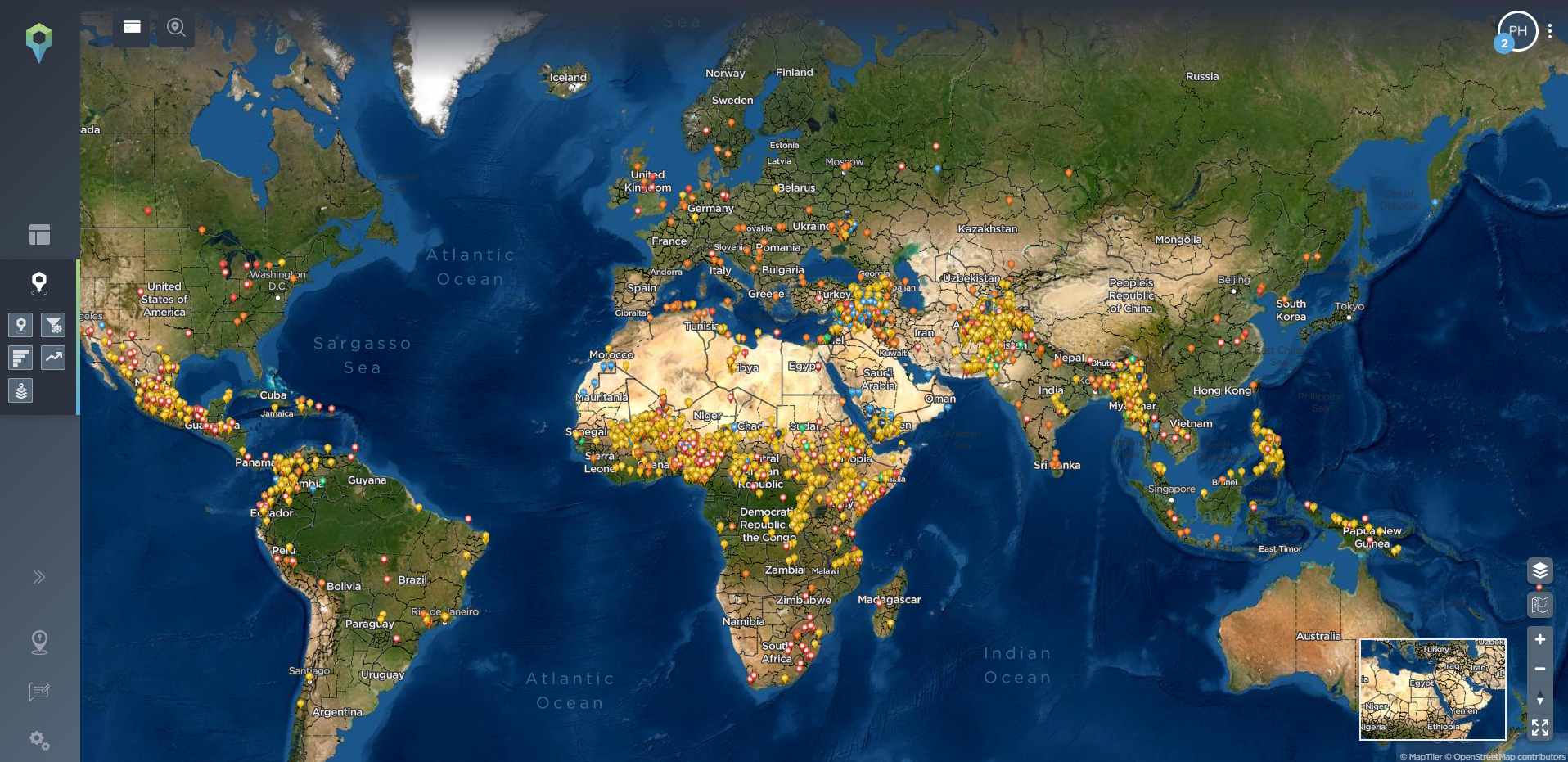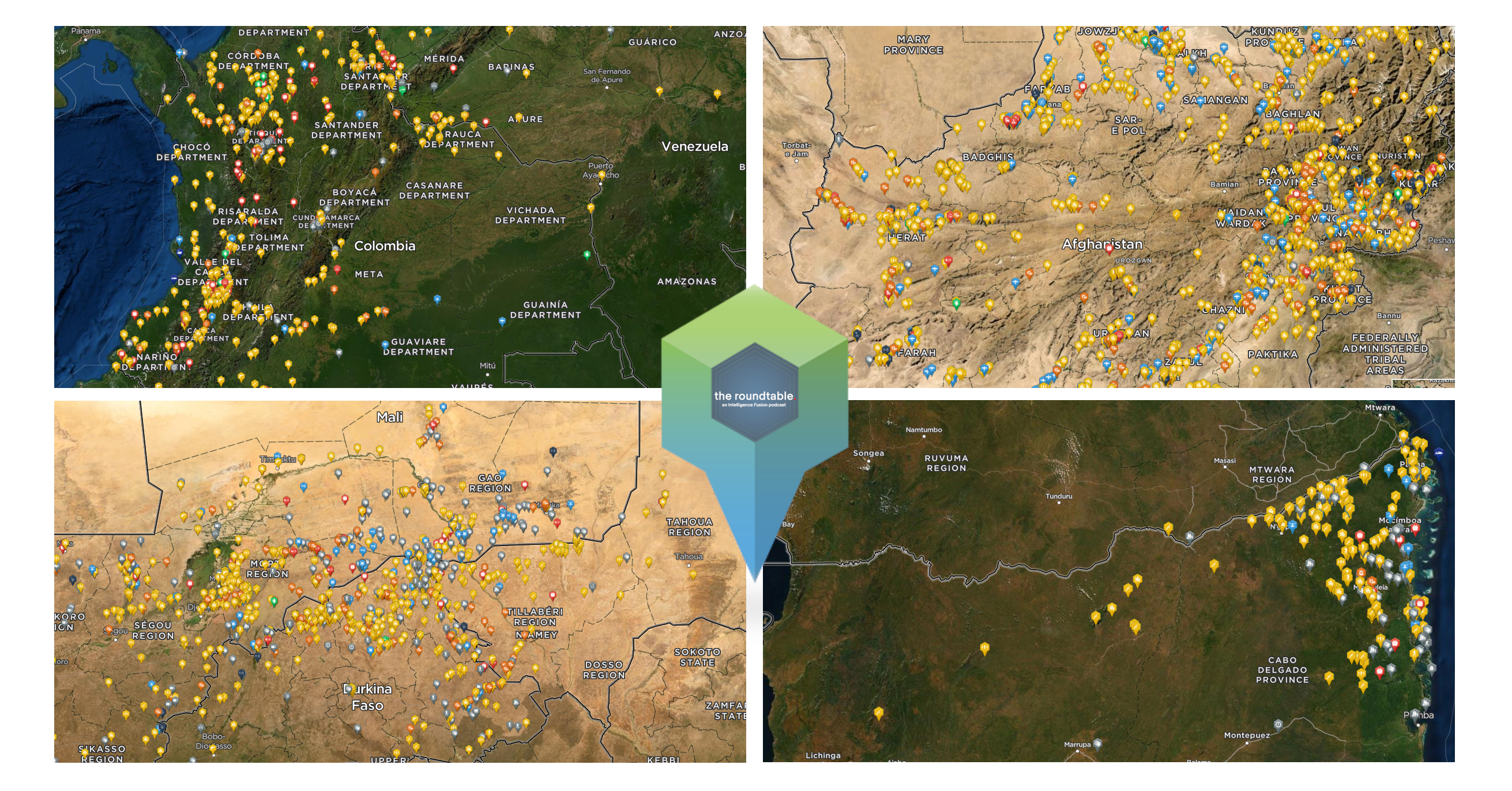Taliban Counter Terrorism Operations in Afghanistan
Now more than a year since the Taliban takeover in Afghanistan, is the group standing by its agreement to counter the spread of terror groups within the country? Or, following the recent killing of Al Qaeda leader Ayman al-Zawahiri in Kabul, is Afghanistan once again becoming a haven for terrorism, just as it was under the Taliban before the 11th September attacks in 2001?
As part of the agreement between the USA and the Taliban which secured the withdrawal of foreign forces from Afghanistan, the Taliban agreed that they would effectively counter the spread of international terror groups such as Islamic State and Al Qaeda on Afghan soil. Despite reassurances from the Taliban that they will not allow groups to use Afghan soil, the counter-terror aspect of the withdrawal agreement came under significant criticism, with many pointing towards the Taliban’s complicated relationships with groups in the region (including internationally recognised terror groups) and how this will inevitabally undermine their promises to prevent the spread of insecurity from Afghanistan into other countries. Recent incidents such as the killing of the Al Qaeda leader, Ayman al-Zawahri, in a US drone strike in Kabul appeared to reinforce such criticisms, and simultaneously raised concerns that Afghanistan would once again become an important hub for international terror groups.
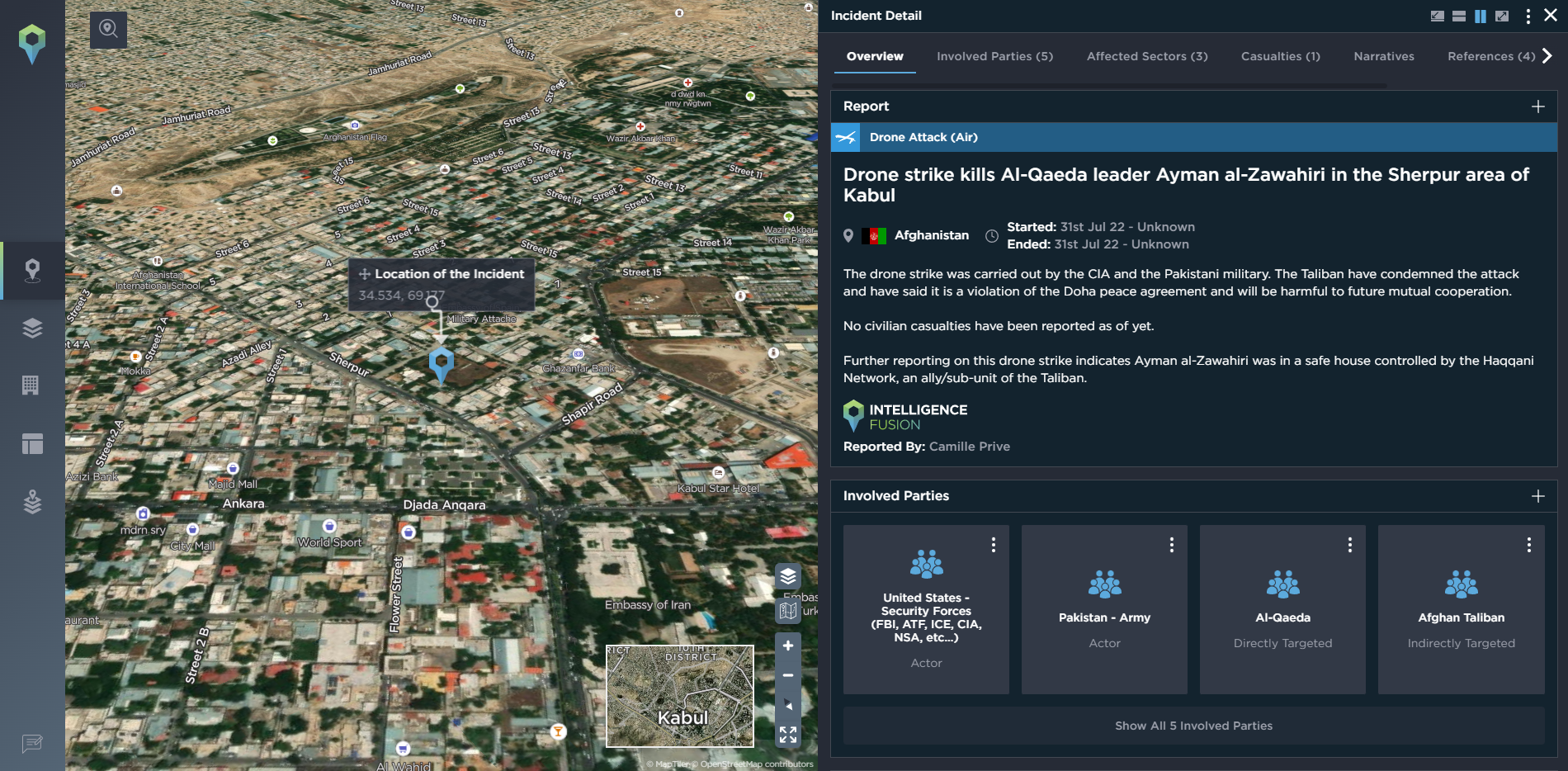
Al Qaeda leader Ayman al-Zawahiri was living in a safehouse in Kabul when he was killed in a drone strike [image source: Intelligence Fusion]
The Haqqani Network
The Taliban’s willingness (or lack thereof, in the eyes of many) to counter specific groups presents the first, and arguably the most significant obstacle. Firstly, the Taliban’s relationship with the Haqqani Network is a major issue, as the Haqqani Network are recognised as a terror group by the USA, but are also tightly integrated into the Taliban leadership. Whether or not the Haqqani Network even is a separate group in its own right, or is merely an element of the Taliban is also open to interpretation. The US military created a degree of separation between the Taliban and the Haqqani Network pre-withdrawal, often referring to the two as separate groups. However, attacks allegedly carried out by the Haqqani Network were routinely claimed by the Taliban, highlighting the close relationship. Despite the violent track record of the Haqqani Network and their terror group status in the USA and other countries, many Haqqani Network-affiliated commanders retain positions of power within the Taliban government, suggesting a lack of desire to limit their influence within the Taliban government.
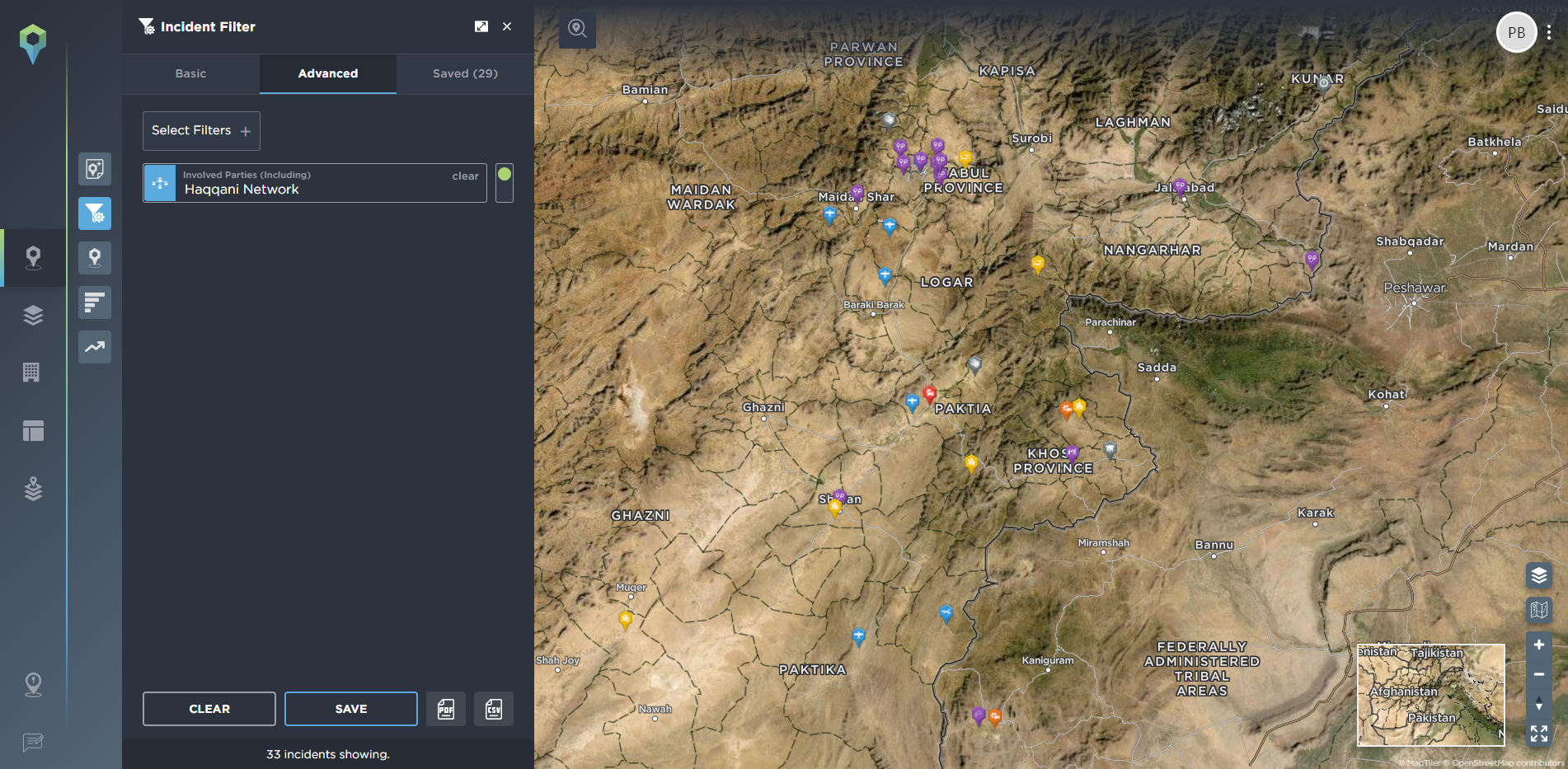
Incidents filtered for the Haqqani Network on the Intelligence Fusion platform [image source: Intelligence Fusion]
The Taliban and Al Qaeda
The Taliban’s relationship with Al Qaeda (which predates the US intervention in 2001) is also a source of concern. Earlier this year, assessments from the US Central Command stated that the Taliban have in some respects been able to restrain the influence of Al Qaeda in Afghanistan, but are expected to loosen restrictions on Al Qaeda in the country in the next 12-24 months. Al Qaeda has likely decided to keep a low profile in Afghanistan, wary that an overt presence would attract additional US counterterror operations (such as the drone strike which killed al-Zawahri.) Instead, Al Qaeda is expected to be fostering strong links with Al Qaeda sympathisers within Taliban leadership as the group attempts to utilise Afghanistan as a staging point of sorts for their local affiliate, Al Qaeda in the Indian Subcontinent (AQIS)
Countering Islamic State
Unlike many other groups operating in Afghanistan, the Taliban are actively opposed to Islamic State and have fought with Islamic State militants continuously in recent years, fighting for control in Afghanistan’s east whilst also fighting the Afghan government. Since the US withdrawal from Afghanistan, the Taliban have carried out multiple operations targeting Islamic State presence across the country. The operations themselves are reported to have had limited short term success in that large numbers of militants were arrested. However, abuse of civilians from certain demographics, such as Salafist communities has been reported during these operations, likely worsening the long term security situation. Furthermore, the nature of the threat posed by Islamic State in Afghanistan has also changed, as the group has shifted away from focusing on holding territory, and more towards carrying out high profile attacks in Kabul and other major cities across the country. Since the US withdrawal, Islamic State has been able to expand its influence across the country, capitalising on insecurity and recruiting from ethnic minorities by capitalising on the Taliban’s marginalisation of ethnic groups, particularly those present in the north.
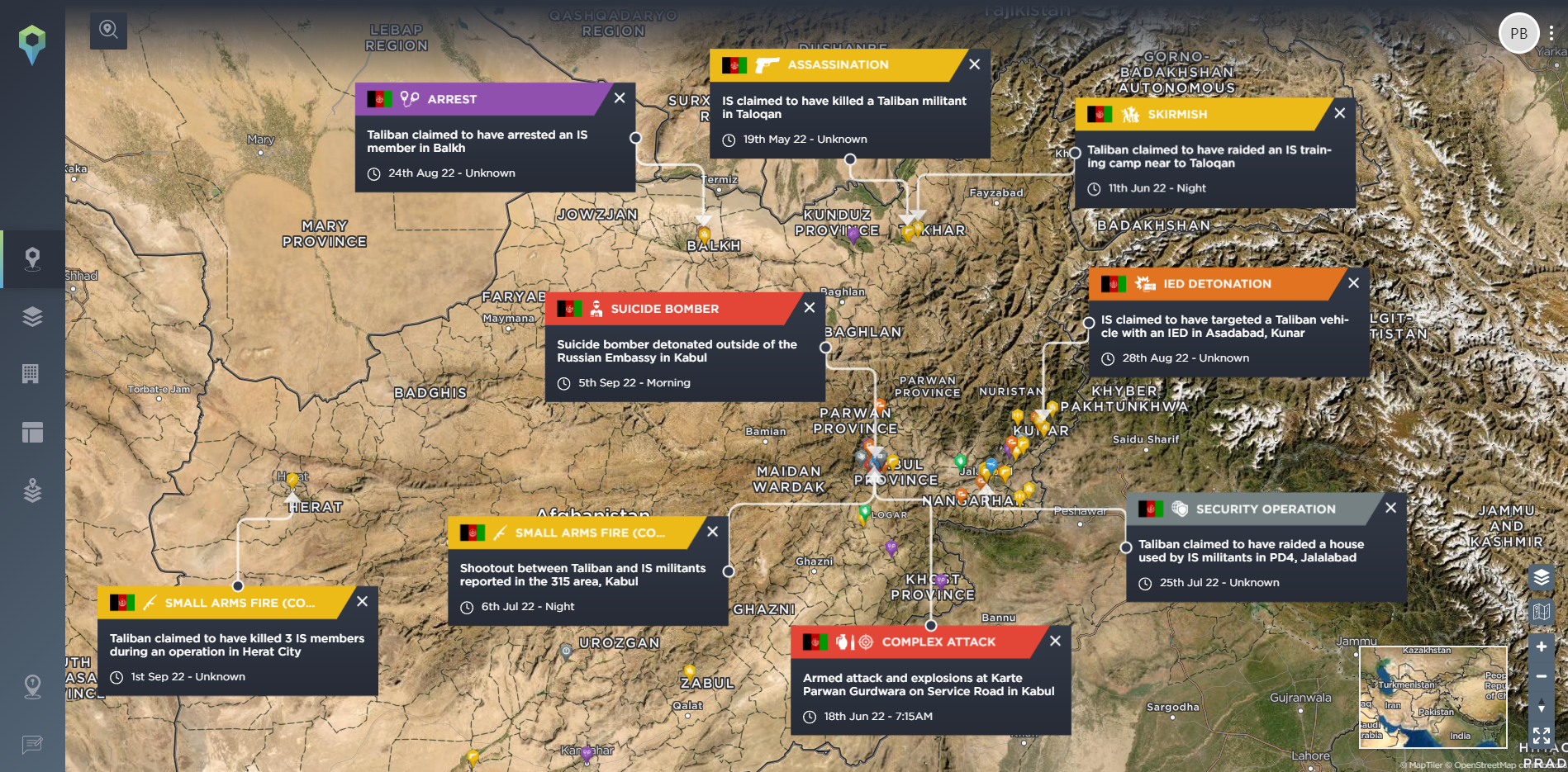
A selection of incidents involving Islamic State in Afghanistan [image source: Intelligence Fusion]
As a result of this, Islamic State have managed to expand their influence, and in doing so have carried out a number of rocket attacks from Afghan soil against Afghanistan’s central Asian neighbours to the north. With this in mind, the threat from Islamic State to Afghanistan and Afghanistan’s neighbours has grown since the withdrawal of US forces, despite the Taliban’s own operations against them.
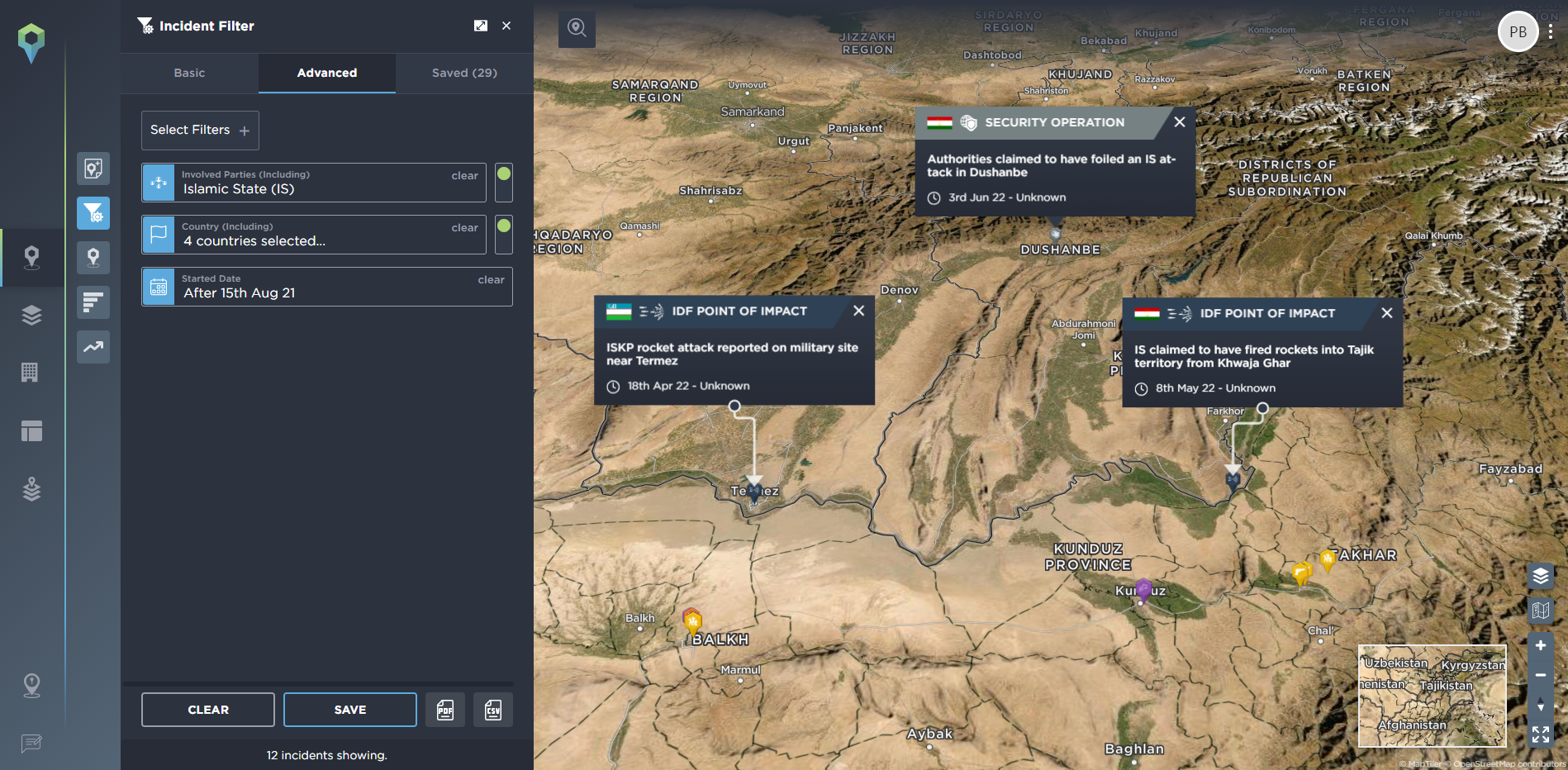
Islamic State's expanded influence has included carrying out rocket attacks from Afghan soil against Central Asian neighbours to the north, in Tajikistan and Uzbekistan [image source: Intelligence Fusion]
Looking forwards
It should be noted that the Taliban are still yet to extend their control over the entirety of Afghanistan. Areas such as Panjshir, Baghlan and Badakhshan see notable anti-Taliban militia activity and clashes are regularly reported.
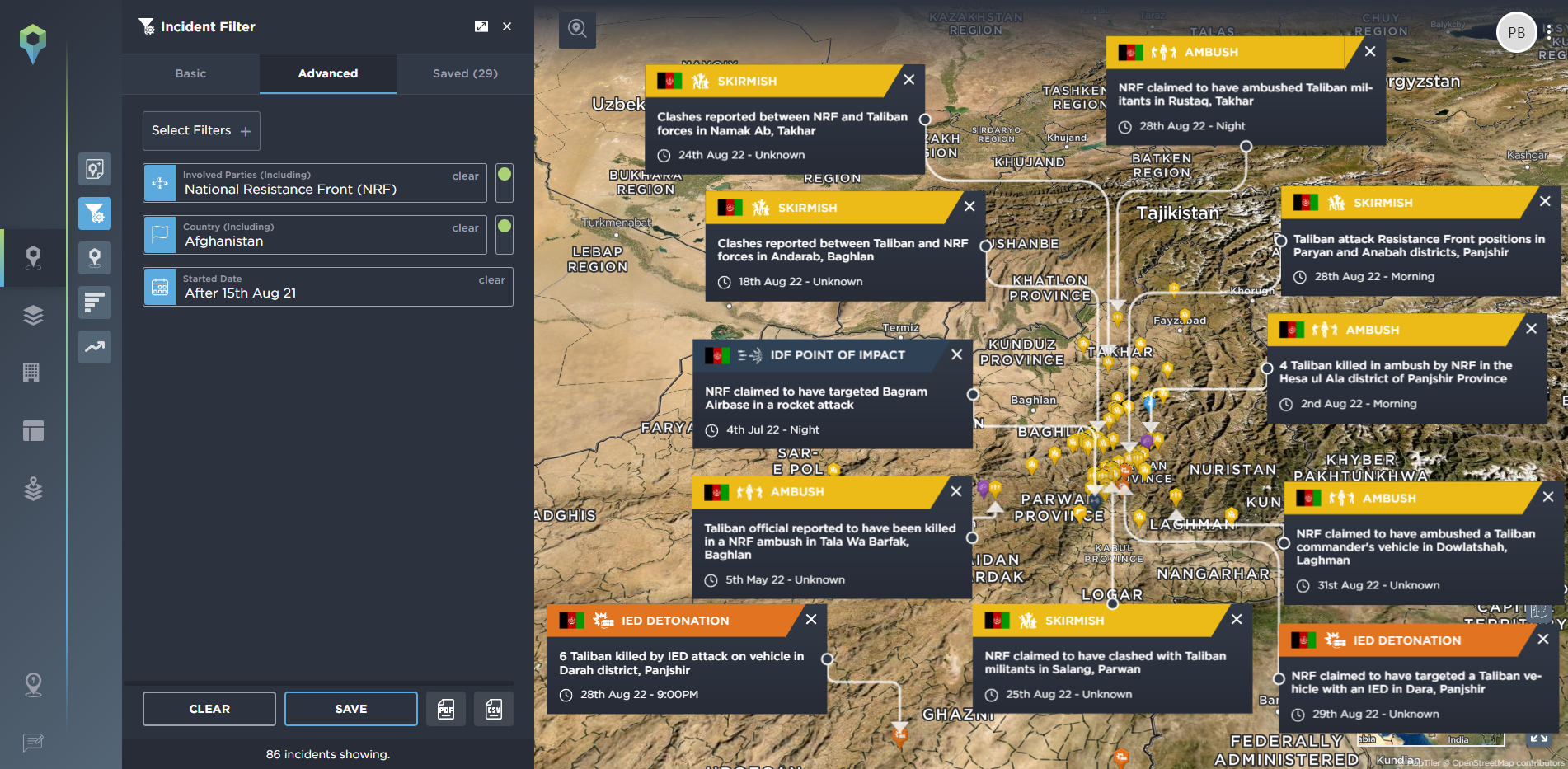
Incidents involving the National Resistance Front (NRF) in Afghanistan since the Taliban takeover in August 2021 [image source: Intelligence Fusion]
Elsewhere, fighting may have subsided with the departure of the Afghan government, but major socio-economic issues persist and in many cases, have worsened. Within this context, Islamic State has capitalised on anti-Taliban sentiments to grow its presence both geographically and in terms of numbers. Meanwhile, the Taliban are reported to have retained close relationships with key figures from within Al Qaeda as well as other regional groups, and these relationships are not expected to end. Al Qaeda will likely use this position to integrate itself into Taliban politics and develop strong links in Afghanistan, potentially using Afghanistan as a relatively safe haven in the future.
Want to learn more about the software behind this analysis? Intelligence Fusion’s threat intelligence platform is trusted by organisations across the world to keep their assets, operations, and people safe. Click here to learn more or to schedule a demonstration.

